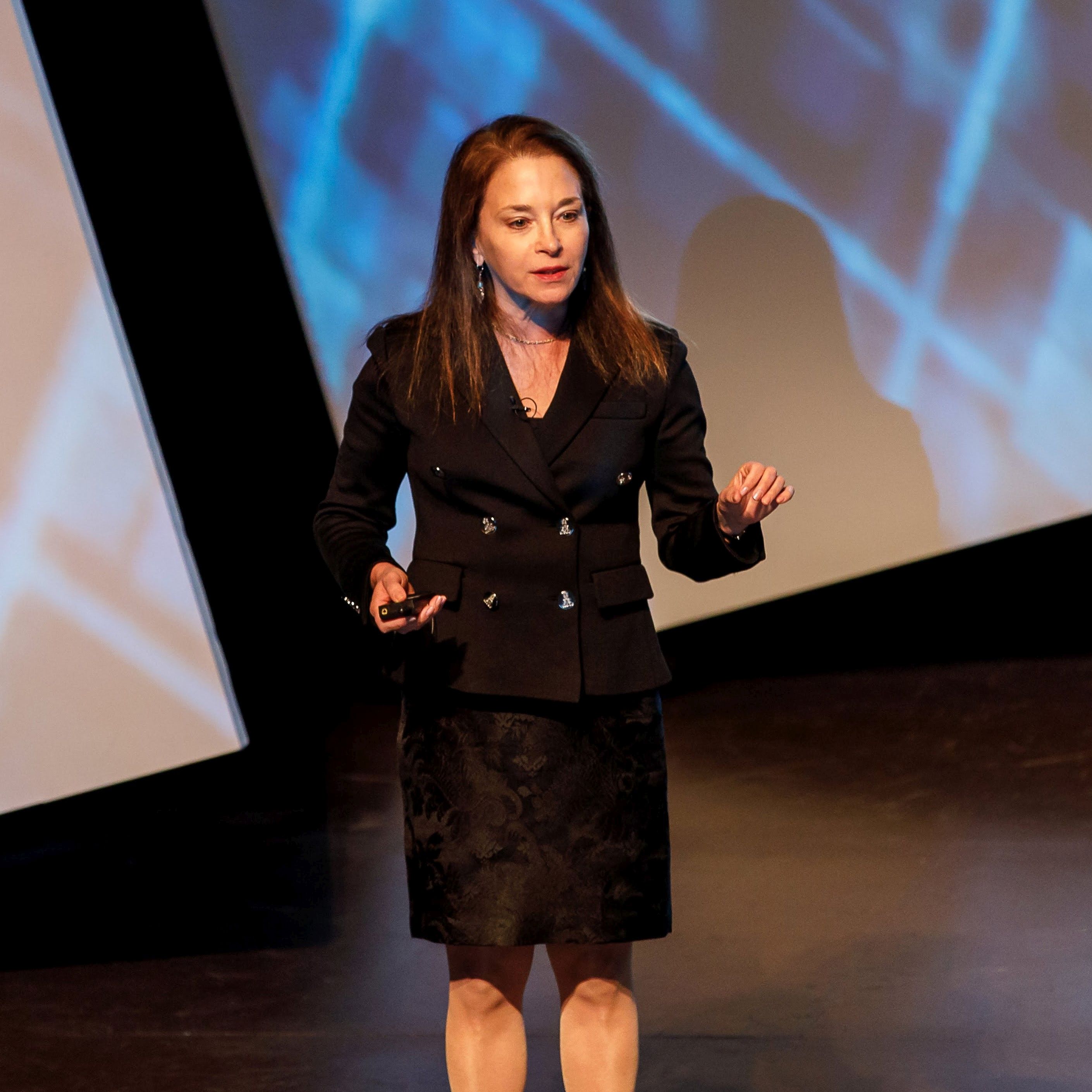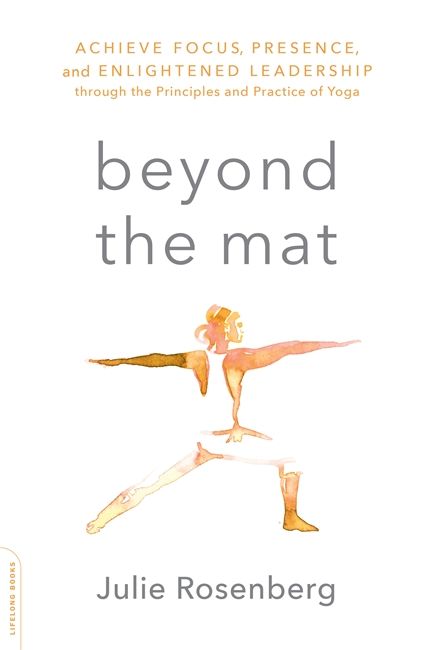- How do you balance work-life pressure, family life and sleep? In our modern work world, I find the concept of balance, which means achieving an equilibrium, a thing of the past. In my role as a pharmaceutical executive, I oversee three global teams. I work in a traditional office setting about one-third of my time, but much of my work is virtual. While my home base is in Connecticut, I have team members throughout the United States, Europe, as well as in China and Japan. I rarely have a 9 to 5 work day. More often than not, I have back-to-back meetings scheduled during daytime hours and then need to hop on more calls at night.
In order to handle my heavy work schedule and still have time for family, sleep and some fun, I do the following:
- I don’t fight my schedule, but I do put boundariesaround work. For example, when my son was younger, I would take off an hour or two during the day at times so that I would not miss a school event or meeting. Another example – I block out 60-90 minutes most evenings eat dinner with my partner. When we eat at home, we do so by candlelight and without ‘technology’ distractions. This is not only good for our relationship but also helps me to disconnect from work and to relax.
- I plan my week to ensure that I don’t miss the things that are very important to me. For example, I believe in self-care. I exercise at least 5 days per week at a local gym. I hit the gym most days between 6:30am and 7:30am, before my work day typically begins. (By going to the gym early, I ensure that I don’t have an excuse not to exercise)! I also engage a personal trainer twice per week – this habit also helps me to ensure that I show up at the gym as planned, and I look forward to my workouts. Personal training is a good investment in my health and wellbeing.
- I unplug. Technology has become an addiction for most of us.I am often quick to grab my phone or computer and to ‘check in’. So, I make sure that I unplug for short periods throughout the day and evening when I have no immediate demands. I embrace the stillness of quiet moments throughout my day. During these times I often do short breathing exercises or visualizations. My mindset: I need to stay as calm and relaxed as possible to meet the demands of my life. I know that my email responses or phone calls can typically wait an hour or two.
- I have good sleep habits. I go to bed and wake up at about the same time every day, even on weekends. I sleep 6.5 to 7 hours per night. (This amount of nightly sleep is lower of the recommended 7 – 9 hours). I typically wake up before my alarm goes off at 5:45am. I’m not tired when I wake up – I’m a morning person, and most often can to hit the ground running shortly after I arise. (It’s not all good – I get very tired at the end of the day and my productivity is significantly decreased after 8pm). My bedtime routine: I do a few minutes of deep breathing prior to going to sleep. I often drink chamomile tea about 90 minutes prior to bedtime. I sleep in a quiet, cool bedroom at home. These practices help me sleep comfortably and feel rested the next day.
2) How do yoga principles, that you utilize in “Beyond the Mat”, help with sleep?
First and foremost, it’s important turn your electronics off at least one hour prior to going to sleep. The blue light from your electronics suppresses secretion of melatonin and throws off your circadian rhythm, the body’s normal biological clock.
Next, pranyama (breathing) practices will help you relax. When your body is stressed, you breathe faster to take in more air. You can trick your body into a state of relaxation by breathing out longer than you breathe in. I call this the ‘lengthened breath.’ Inhale for a count of four, then exhale for a count of eight. This slow, deep breathing like helps you to relax by resetting your autonomic nervous system.
There are several restorative yoga poses that are great to help to prepare your body for sleep:
Legs Up the Wall (Viparita Karani): Lie on the ground on your back and put the back of your legs up a wall, elevating your pelvis elevated on a folded blanket. Keep your legs straight, so your body is in an L-shaped pose. Relax into the position, hold it for at least one minute while taking slow deep breaths.
Reclined Butterfly Pose (Supta Baddha Konasana): Lie on the ground on your back. Press the bottoms of your feet against each other and let your knees fall out to the sides, making a diamond shape with the legs. You can put a blanket or block under your knees for support. Stay for five to ten breaths, or longer. To come out, roll onto your side and use your hands to help you back up to sitting.
Corpse Pose (Savasana): Lie on the ground on your back with legs straight, arms by sides, and palms facing up. Close your eyes, breathe slowly, focusing on your inhales and exhales.
3) I understand you travel a lot. How do you handle traveling and jet-lag and sleep?
I am mindful of the time differences when I am flying long distances and especially overseas. A few things that I find very helpful:
- As soon as I board my flight, I reset my watch for the time zone at my destination.
- Curtail coffee.
I avoid coffee during a flight so that I can rest. Although caffeine can help you stay awake longer, it makes you wake up more often once you do fall asleep, thus reducing total sleep time. If I do drink a cup of coffee, it is in the hour prior to landing. - Stay hydrated.
I drink at least 8 ounces of water for every hour I am in the air—even if I don’t feel thirsty. I also use a hydrating spray with essential oils (not just water) to spritz my face and neck occasionally. - Avoid or limit alcohol in-flight.
Cabin air dehydrates passengers, and altitude changes can quicken the effects of alcohol, which can dry you out and worsen symptoms of jet lag. I either don’t drink any alcohol, or I limit my alcohol to one drink with a meal. - Sleep on the plane.
I try to take overnight flights, especially when traveling from west to east, and I make an effort to sleep on the plane for at least an hour or two during the flight. I bring earplugs and a sleep mask to help dampen noise and block out unwanted light while sleeping.
A few extra actions: I practice good sleep habits when I am traveling and away from home. I exercise and drink plenty of water. I take 400mg of magnesium daily which helps relax my body and supports restful sleeping. I often use an essential oil with lavender, applying it to pressure points, like my wrists or behind my ears, or use oils to give themselves a light self-massage. Lastly, I sometimes use a cream with Cannabidiol, or CBD, which helps to promote sleep and reduce inflammation – CBD is legal in all 50 states and unlike cannabis, CBD has no “high” associated with it. Instead, this compound has calming and anti-anxiety, effects. CBD also works as an analgesic—a pain reducer—in the body. I rub it on my low back and shoulders after flight if I am achy and sore. I avoid sleeping pills – I find that natural remedies work best for me and recommend them over prescription medications.
Dr. Julie Rosenberg
Julie Rosenberg, MD, is a pharmaceutical executive and recognized global healthcare leader in an international male dominated industry with recognized expertise in drug development for patients with cancer and healthy cancer survivorship. As a 25 year cancer survivor herself, and the mother of an autistic son, Dr. Rosenberg brings a unique perspective to her work that incorporates the principles of living yoga.
Julie is a pediatric oncologist who is also a certified executive coach who helps successful leaders get even better by developing themselves, their people and by embracing more conscious living. As a 17 year practitioner of yoga, Julie has devoted the last 17 years to the in-depth study and practice of yoga . She has shown that the practice not only supports good health and well-being, but also can serve to strengthen one’s personal and professional leadership skills.
In 2017, Julie was selected from among 16,000 applicants by Number 1 Executive Coach and Leadership Thinker, Dr. Marshall Goldsmith, as one of the MG 100 coaches, a group of over 100 leading coaches, thinkers and senior business leaders, each of whom is committed to paying it forward.
In 2018, she was the recipient of 4 W.E. UpJohn Awards for outstanding corporate leadership. Her first book, Beyond the Mat, has been called ‘insightful,’ ‘transformative’, ‘creative’, and ‘profound’. For more about Dr. Julie Rosenberg: http://www.julierosenbergmd.com/




